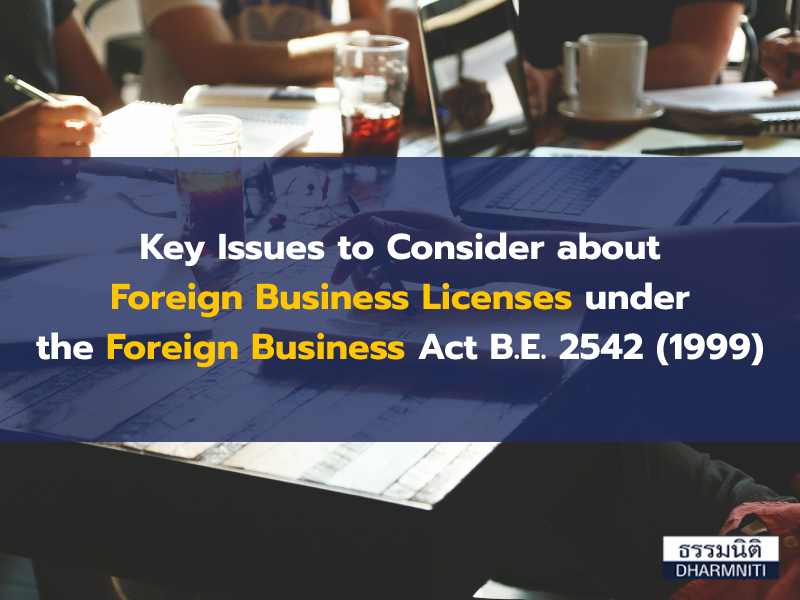DLO Representatives Meet Dr. Yousef Abdullah Al-Hamoudi
On June 6, 2022 representatives from DLO (Mr. Phichai Phuechmongkol – Senior Partner & Mr. Ryan Crowley – Foreign Services Manager) met with Dr. Yousef Abdullah Al-Hamoudi who is the founder and Managing Partner of Dr. Yousef Abdullah Alhumoudi Lawyers and consultants which is located in Riyadh City in the Kingdom of Saudi Arabia. The meeting was also attended by various others including Mr. Samart Malulim, the President of the Foundation of Islamic Centre of Thailand and Mr. Paisal Phuechmongkol from Dharmniti Head Office.











 Except where otherwise indicated, content on this site is allowed to be used under
Except where otherwise indicated, content on this site is allowed to be used under